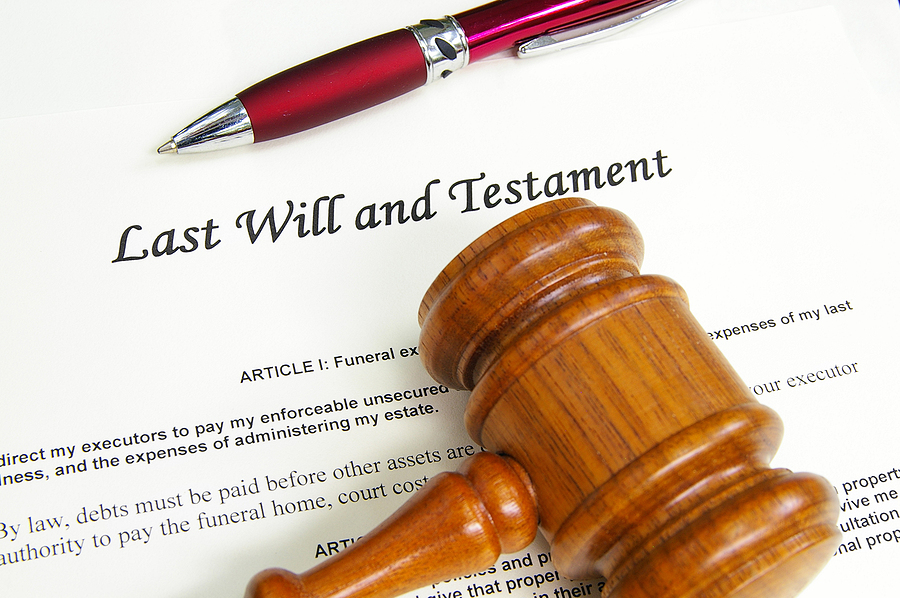An executor of a will in NSW is the person selected or named by the make of the Will to carry out their final wishes as specified by their official Will. The selected person is often a trusted family member or friend or sometimes a professional such as a solicitor or a trustee company. Working as an executor of a Will in NSW involves a great deal of financial, legal and interpersonal skill and it is therefore very important to make your selection carefully based on who you might trust to carry out your wishes.
What is the role of the executor of a will in NSW?
The role of an executor of a Will in NSW involved a number of often very complicated tasks and responsibilities. Anyone appointed in the role will have the following responsibilities relating to administering your final wishes:
Locating the document
The first step for any executor of a Will in NSW is to locate the document. In many cases the executor has usually been informed of the location of the document before the passing of the deceased.
Making funeral arrangements
If last wishes were left in a document then an executor of a Will in NSW will be responsible for organising the funeral of the deceased. They are responsible for following the instructions laid out by the deceased as carefully as possible as soon as possible after their death. There can be legal consequences for not properly following the deceased wishes. Those wish to be buried cannot be cremated instead for example as this is illegal. When organising the funeral the deceased should speak to the deceased family about any of their wishes or religious considerations.
Getting Probate

The next step for the administrator is that they must be to apply for probate which is the official recognition that the document is legal and can be validated. Probate is granted by making an application to the Probate Registry of the Supreme Court for a grant of probate which recognises the authority of the administrator to administer the will. Banks, super funds, insurance companies and other businesses will often require probate before they can release assets owned by the deceased. Probate will also be needed if there is any real estate to be sold or transferred.
Protecting the deceased assets
The administrator’s role is also to protect the property and assets of the estate. This can involve storing valuables, investing funds, ensuring the property and protecting business interests. The administrator must also ensure that the assets of the estate are not decreased through their action or inaction which can happen if the individual does not administer the estate within the time limits that are prescribed which can incur additional legal costs. The administrator can be held personally liable for any losses to the estates assets if they do not respond quickly enough.
Determining liabilities and assets
The administrator will also need to confirm what liabilities and assets the estate holds at the time of death of the deceased. This can be achieved by contacting financial institutions, insurance companies, super funds and by performing searches and valuations of land and property. The administrator will need to prepare a statement of assets and liabilities.
Defending the Estate
The administrator will also be responsible for defending the estate and the deceased wishes if anyone wants to contest the will.
Distributing the estate
Once the assets of the estate have been confirmed and any debts have been paid the administrator can then distribute the estate to any beneficiaries or named heirs.
